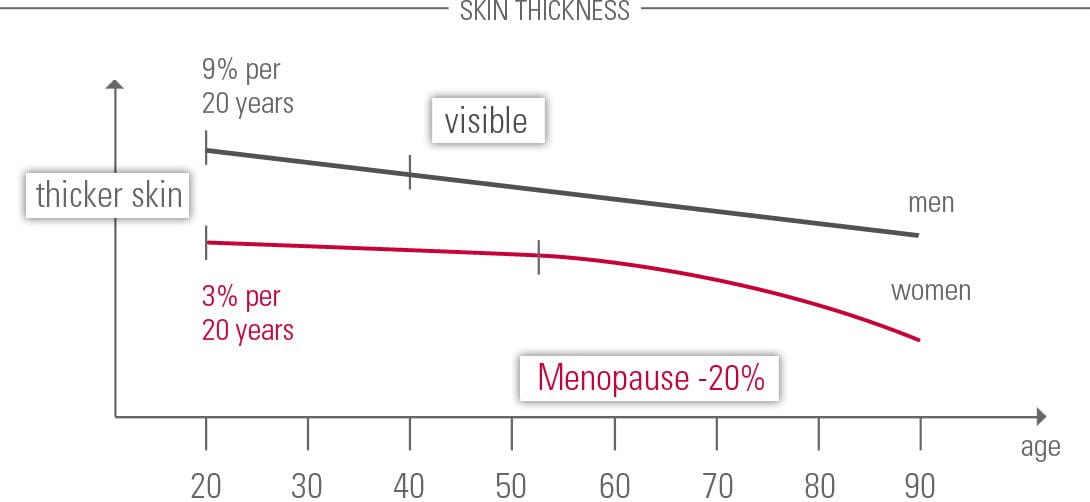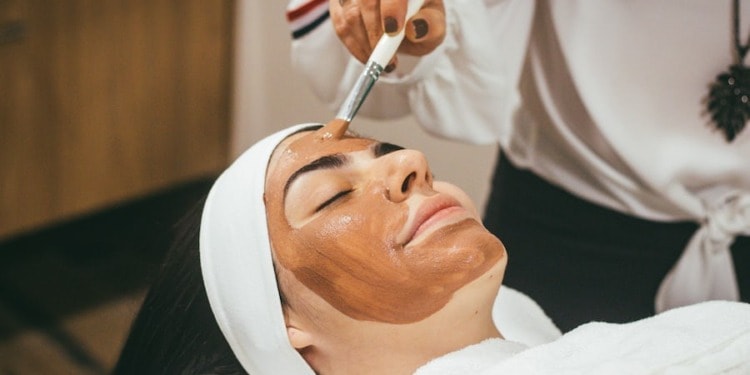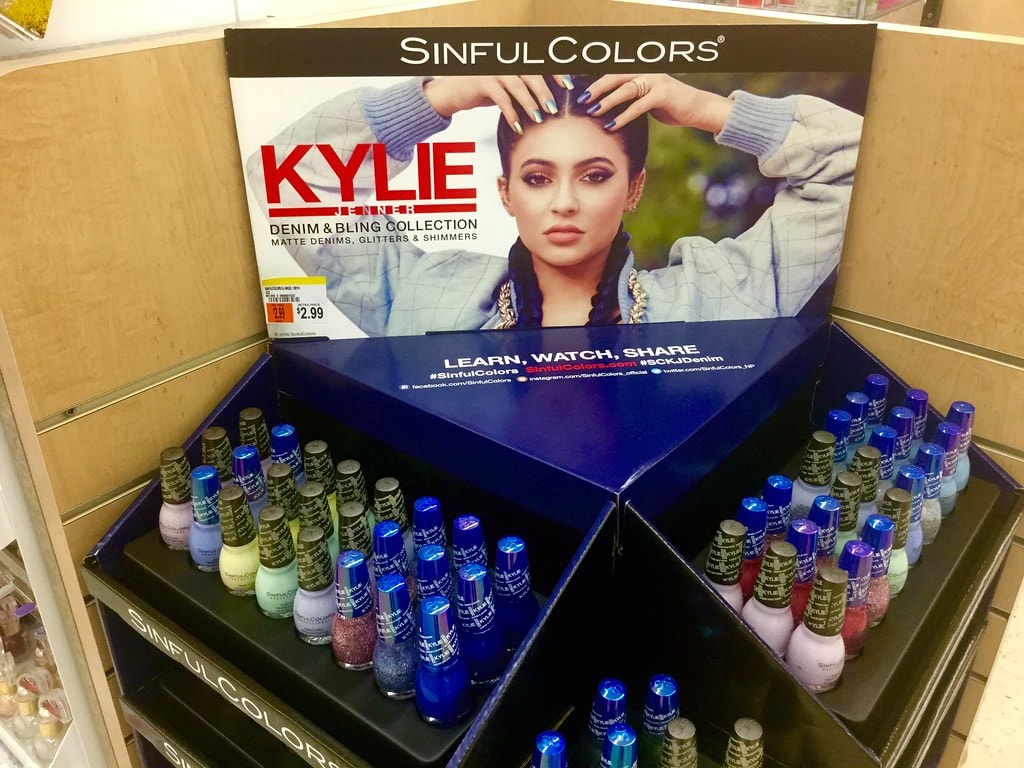It’s not uncommon to stroll around drugstores and see that there’s a clear disparity between men’s and women’s skincare products. All labels, colors, benefits and even prices sometimes scream, “These are made for women/men only.”
Many brands offer separate product lines for men and women, whether it’s moisturizers or acne cleansers, with the latter frequently costing significantly more than the former, especially when compared to generic products. Yet, if you’re still wondering whether there are any extra benefits worth spending some extra cash on, here’s what you need to know:
Are there any differences between men’s and women’s skin?
Testosterone determines male skin traits and makes them distinct from that of women. Typically, male skin is thicker, oilier and matures differently than female skin.
According to Eucerin’s dermatologists, dividing male skin traits into three following categories might help you see a clearer picture:
Thickness
In terms of thickness, male skin is around 20% thicker on average than female skin; it has more collagen and therefore appears tighter and firmer. Plus, male skin’s collagen content decreases at a steady rate.
Compared to men, women’s skin suffers later in life, particularly after menopause. As a result, their skin thins more severely and is more likely to wrinkle faster than men’s skin.

Oiliness
It is a fact that men have more sebaceous gland activity; their pores and sebaceous glands are larger than those in women.
Since men produce twice as much sebum as women do, their skin naturally appears oilier and glossier. This makes the skin more acidic and more prone to acne than female skin. Because of this oily layer, male adults are less likely to suffer from dry skin than female adults.
Aging
Even though men’s skin shows the first signs of aging later on in life, once the process begins, it progresses more rapidly.
Sagging skin, swollen eyes and dark bags under the eyes are the three most common characteristics of aged features in men. Men typically get deeper forehead wrinkles due to a myriad of reasons. It can be as simple as genetics, or how frequently they activate their facial muscles (do they frown a lot?). However, wrinkles still affect both men and women as a natural result of daily life, such as overexposure to the sun, lack of sufficient water intake and even vitamin deficiencies.
Regular shaving
Every man shaves around 16,000 times throughout the course of their life. Thanks to this, their skin becomes more reactive and sensitive due to constant irritation and tension on the skin that might result from daily shaving. It strips away the protective layer of skin, revealing the more delicate, immature skin underneath.
Skin issues caused by shaving affect up to 40% of males. Younger, lighter-skinned men are more likely to be affected. Using a dull razor or not using enough shaving cream can cause nicks, cuts, razor burns razor bumps and scarring.
So, do men and women really need different skincare products?
Despite many differences between men and women, when it comes to the yes/no questions about whether we need different products for different genders, the answer is “not really,” according to Dr. Saxon Smith, a member of the Australasian College of Dermatologists.
Dr. Smith explained, “It has nothing to do with the skin that men (sometimes) don’t want the same aesthetics or scents and everything like that.”
Because our skincare requirements are determined more by age, lifestyle and genetics than by gender, even hormones can have an effect (increased estrogen and testosterone levels have been related to problems such as acne, for example).
Dr. Smith also said that many of us fall into the trap of buying a plethora of different skincare products due to the varied claims marketed in the package.
He claimed that if the skin is healthy and you just want to take care of it, all you need is a moisturizer that feels good, sunscreen to block ultraviolet A rays (the UV that causes aging) and anything with retinol or retinoids in it. Protecting yourself from the sun should be your top priority if you’re concerned about aging.
Smith concluded, “You can spend a lot of money on anti-blemish treatments, toners and the likes, but if you’re not applying sunscreen on your face, you’re just forever going to be fighting a losing battle.”
Editor’s Note: The opinions expressed here by the authors are their own, not those of Impakter.com — In the Featured Photo: Featured Photo Credit: Raphael Lovaski














